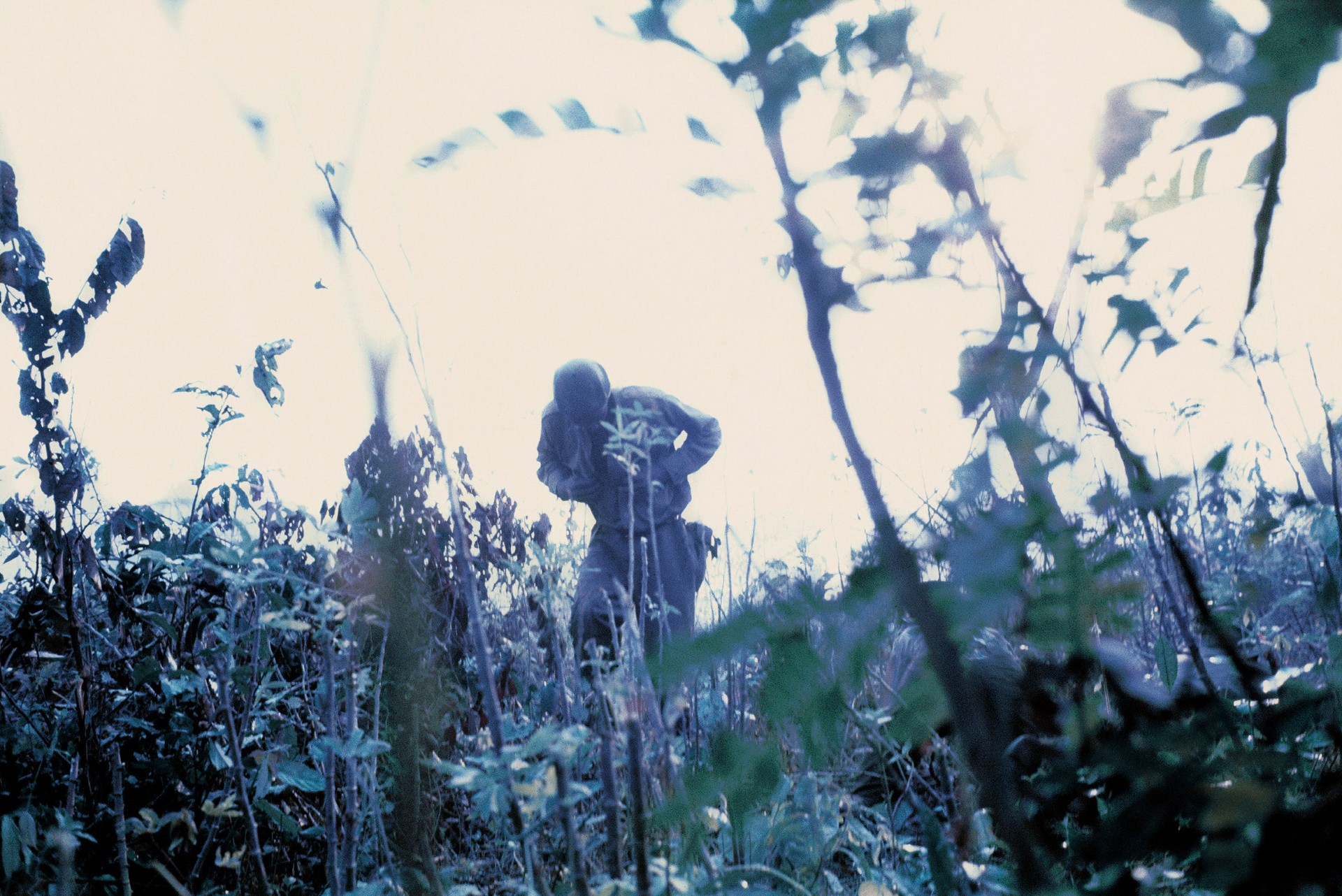The story of the Biafra genocide is one of the culturally incompatible and ideologically far-flung nations enclosed in a post-colonial contraption that started in the late ’60s and continues up to this day.
Where is the Life we have lost in living?
Where is the Wisdom we have lost in knowledge?
Where is the Knowledge we have lost in information?
(T.S Elliot, 'The Rock', 1934)
Biafra: another template for the exploitation of the African soil and soul
The secessionist movement that emerged in Biafra in the years after Nigeria’s independence from its colonial ruler Britain, degraded into an all-out war in which millions were killed. The history books tell us that the Biafra conflict lasted from 1966 until 1970 and that is eventually was resolved in the surrender by the Biafran forces to the young Nigerian state, which, oddly enough, had received massive aid from its former British ruler and the Soviet-Union in order to turn this conflict in their favor.
The killing however did not stop thereafter nor did the process of cultural annihilation.
One of the key underlying factors in the conflict may be attributed to the presence of oil. Biafra has one of the biggest if not the biggest oil reserves in Africa. The history of oil exploration in Nigeria dates back to 1907 when Nigerian Bitumen Corporation conducted exploratory work in the country. Thereafter, licenses were given to D'Arcy Exploration Company and Whitehall Petroleum. However, neither company found oil of commercial value and they returned their licenses in 1923.
A new license covering 357,000 square miles (920,000 square kilometers) was given to a new firm called Shell D'arcy Petroleum Development Company of Nigeria. The new firm was a consortium of Shell and British Petroleum, then known as Anglo-Iranian. The company began exploratory work in 1937. It wasn’t however until the late 50’s that commercial production of crude oil began, primarily in the Ogoni region of Biafra.
Nigeria's revenue which up till then used to accrue from palm oil, cocoa and groundnut was to take a whole new turn. The presence of oil raised the stakes. Maybe not at first though.
The first three Nigerian universities were built with money from cocoa and groundnut exports, as with many infrastructural projects of that time. But the presence of oil was enough to poison the minds of some people. And so, in January 1966, a group of ‘dissatisfied’ military officers carried out a bloody coup to wrest power from the civilians. What then followed was a cleansing along tribal lines not unlike the Rwandan genocide of the ’90s.
The Biafran conflict officially ended in 1970, yet, such is the importance of oil that a destabilized and deprived Biafra is more beneficial to some than to others. The central government maintains a huge security force in the region - up to this day - while the oil flows out of the country as do most of the profits. What remains is an indigenous population on the brink of starvation. And oil spills.
Why? Who is to benefit from this all? The Nigerian people? The Nigerian government? The Igbo’s of Biafra? The genocide has caused such a deep rift, such a bleeding wound in the collective memory of Nigeria that it may never heal because it doesn’t get the chance to heal.
What we can learn from this history of now more than 50 years to the date, is that it is yet another template for exploitation.
The destabilization of a country, or a region like Biafra, is not unlike and according to patterns we can observe elsewhere in Africa and beyond. In order to break the paradigm of perpetrators and persecuted, we have to come up with a plan that breaks the paradigm, a plan that shifts the paradigm from conflict towards mutuality.
Working towards a new template: reconciliation
A process of reconciliation is arguably the only feasible solution to end the never-ending cycle of suffering. This may be a hard feat to swallow, especially for the Igbo who have been mostly on the receiving end of this disaster. Righteous indignation is justified yet it never has produced any results at the negotiation table. It can be done, however. It has been done elsewhere, although it may take decades to see its fruition.
The Igbo, Yoruba, Hausa people, and the over 100 different other tribes, cultures, and languages that Nigeria proper is comprised of, may better ask themselves what they have in common, rather than what makes them different and separates them from each other. For one. They are all Africans. Secondly, they are all human beings with the same basic needs. They all want to see their children grow up and prosper.
Rather than argue who has suffered the most, one might start to think differently. How are we able to forgive each other and start learning from each other? How are we able to all benefit from the richness of the land, whilst at the same time protect it against pollution and abuse? How can we establish a new society that at least is able to provide for the basic needs of its people?


